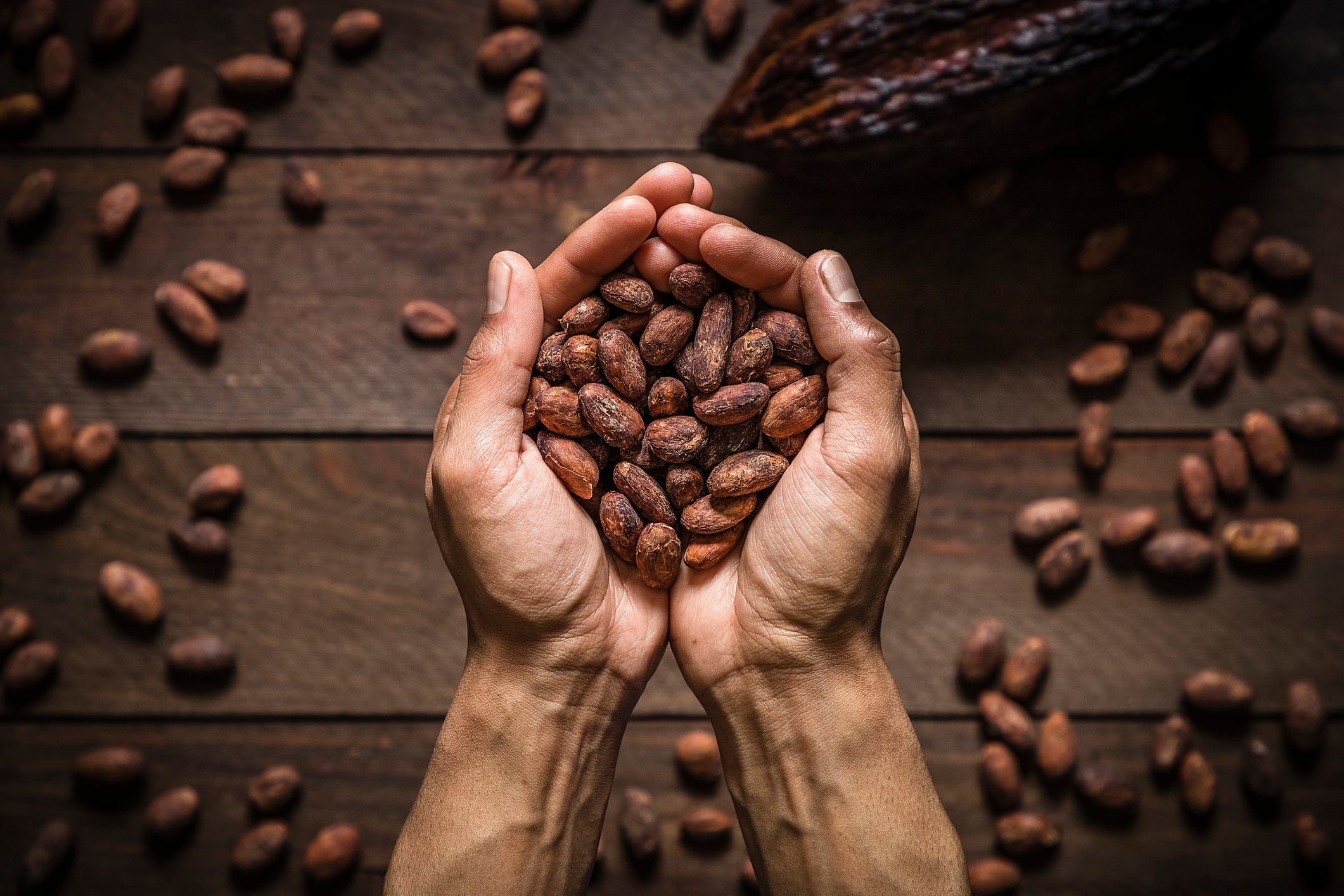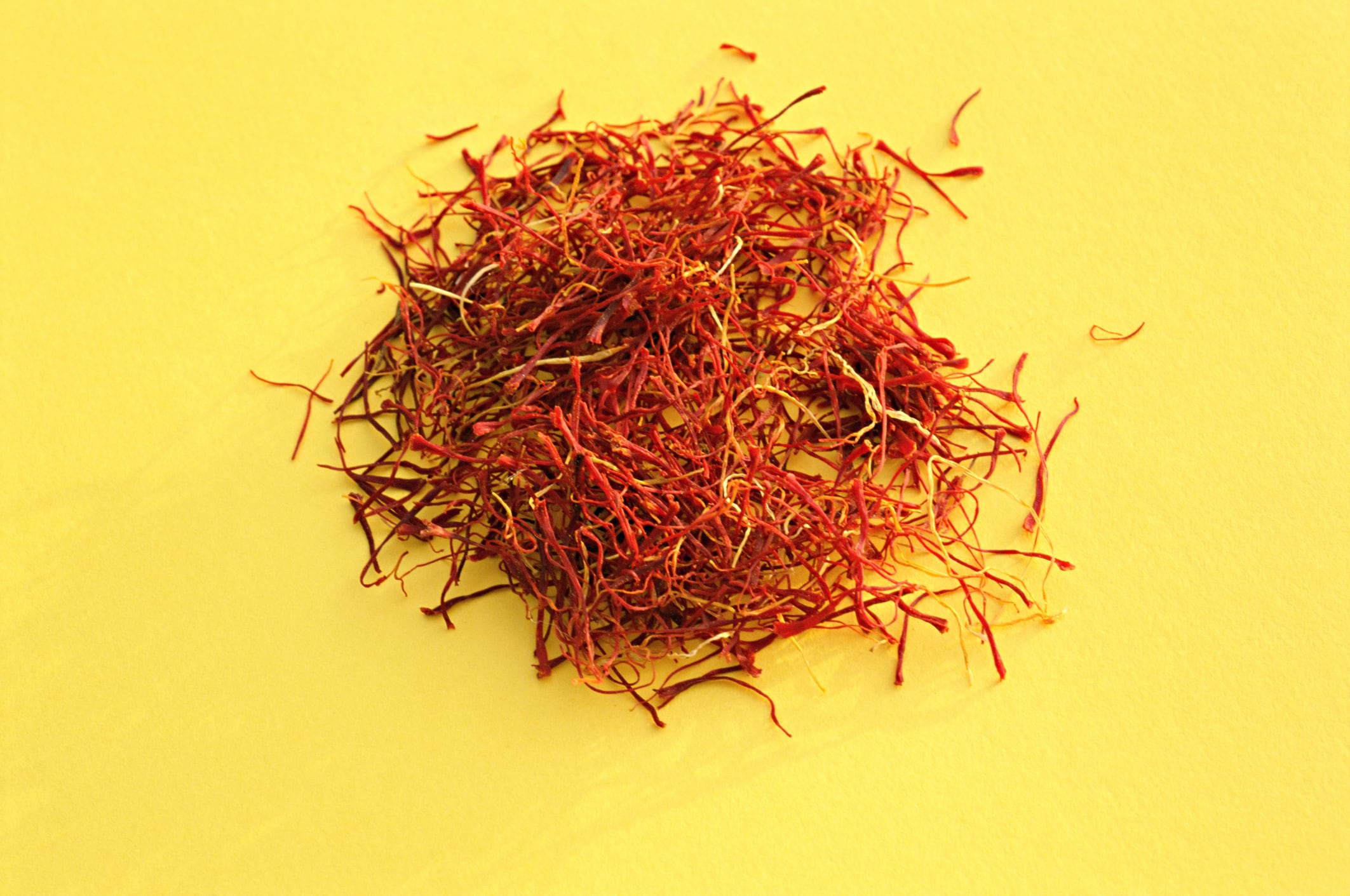
Dark chocolate’s anti‑ageing link unlocks big opportunities
Could dark chocolate become the next big anti‑ageing ingredient? New research suggests it might, and the opportunities for brands are huge
News & Analysis on Food & Beverage Development & Technology

Could dark chocolate become the next big anti‑ageing ingredient? New research suggests it might, and the opportunities for brands are huge

From AI-powered ingredient discovery to zero-waste packaging and next-gen proteins, the top 30 global food-tech list showcases the game-changing technologies shaping the future of food

Climate cooling isn’t enough to save cocoa, wine, and coffee – industry needs to do more to protect these crops for the future

New research reveals fruits and vegetables carry high pesticide risk

New research linking omnipresent emulsifiers to gut damage and obesity is raising tough questions for manufacturers

Nestlé is exploring cutting-edge genomics and sustainable sourcing to safeguard cocoa supplies

The beverage industry has long argued that soda is singled out unfairly when it comes to soda taxes. But now there’s pressure to extend measures across ultra-processed foods

Lancet research shows evidence of the health impact of ultra-processed dairy remains fragmented

Opinion
Plant-based innovation isn’t just about better ingredients - it’s about better collaboration

New research suggests natural sweetener stevioside may help boost hair growth

Looking back at our Sustainable September initiative, where does the food and drink industry thrive and fall?

As GLP-1 drugs disrupt the weight loss market, food and beverage players are racing to unlock the appetite-regulating power of functional ingredients

In a world first, casein proteins have been developed at industrial scale from an unlikely ingredient: whey

Sweetened drinks are linked to an even greater risk of liver disease than their sugary counterparts

The plant-based protein boasts quality, versatility and efficiency

Brain food is booming. As consumers seek sharper focus and long-term cognitive health, the food industry is responding with powerful ingredients and smarter nutrition

The discovery of ‘nutritional dark matter’ is unlocking new paths for smarter food innovation, targeted health benefits, and precision nutrition

Less than one percent of people eat in line with the Eat-Lancet Commission’s planetary health diet. What would it take to get absolutely everyone on board?

Opinion
Joe Wicks is launching a “Killer” protein bar to expose ultra-processed foods – but his rhetoric risks misleading consumers more than the ingredients ever could

Are ultra-processed foods really the enemy?

New research reveals caffeine could boost mood and energy - especially in the morning

A major food and drink player has ambitions to close its waste loop, but can it be done?

A breakthrough in cocoa fermentation could finally deliver consistent, high-quality flavour every time

Sustainable September
Time2Graze uses satellites to optimize pasture-based grazing in a world-first initiative

The global food and drink industry’s biggest sustainability call to action has kicked off in the first month-long Sustainable September event

Pepsi’s new beverage innovation contains prebiotic fibres

Another cocoa-free ingredient is in development for chocolate - and this one has added functionality

The global food and drink industry’s biggest sustainability call to action has kicked off in the first month-long Sustainable September event

Ultra-processed foods have been found to have a detrimental effect on reproductive health

It turns out diet and nutrition play a crucial role in hair health

Two food and drink giants reveal key strategies to secure raw materials vital to business survival, as climate change exposes the fragility of global supply chains

With GLP-1 users eating less often, chewy and long-lasting snacks like jerky, protein bites, gummies and gum are stepping up as the formats that make every portion count

Scientists discover possible solution to ‘bitter’ taste in artificial sweeteners

New research links high UPF consumption to a 41% increase in lung cancer risk, independent of smoking

Mars teams up with biotech firm Pairwise to futureproof cocoa crops using gene editing

Whether or not UPFs can lead to genuine addiction has long been the subject of fierce debate

As demand for natural sweeteners grows, stevia’s health potential could be a game-changer

New techniques can improve many areas of food and agriculture. However, gene editing remains controversial

Both artificial and natural sweeteners could increase risk of premature puberty in kids

Major new study links ultra-processed foods to early death, intensifying consumer concern and putting pressure on the food industry to act

Vitamin B3 linked with the holy grail of benefits - anti-ageing

Seed oils are under attack, but major new study finds they could actually improve health

Even milk is vulnerable to rising temperatures

New study reveals potential benefits of ‘healthy’ plant-based diet

BlueRedGold’s plans to build the ‘world’s first scalable indoor saffron cultivation system’ have been boosted after picking up investment of €2.73 million

Climate change is threatening the world’s food supply, but could AI be the unexpected hero?

Opinion
How to scale fermentation processes from lab to factory

Proteins already do nearly everything in nature. AI is unlocking what they can do next

Healthy foods and beverages can provide a wealth of benefits, even if weight loss isn’t one of them

New research links ultra-processed foods to devastating brain disorder. How will this impact food and beverage, and is reformulation the only option?